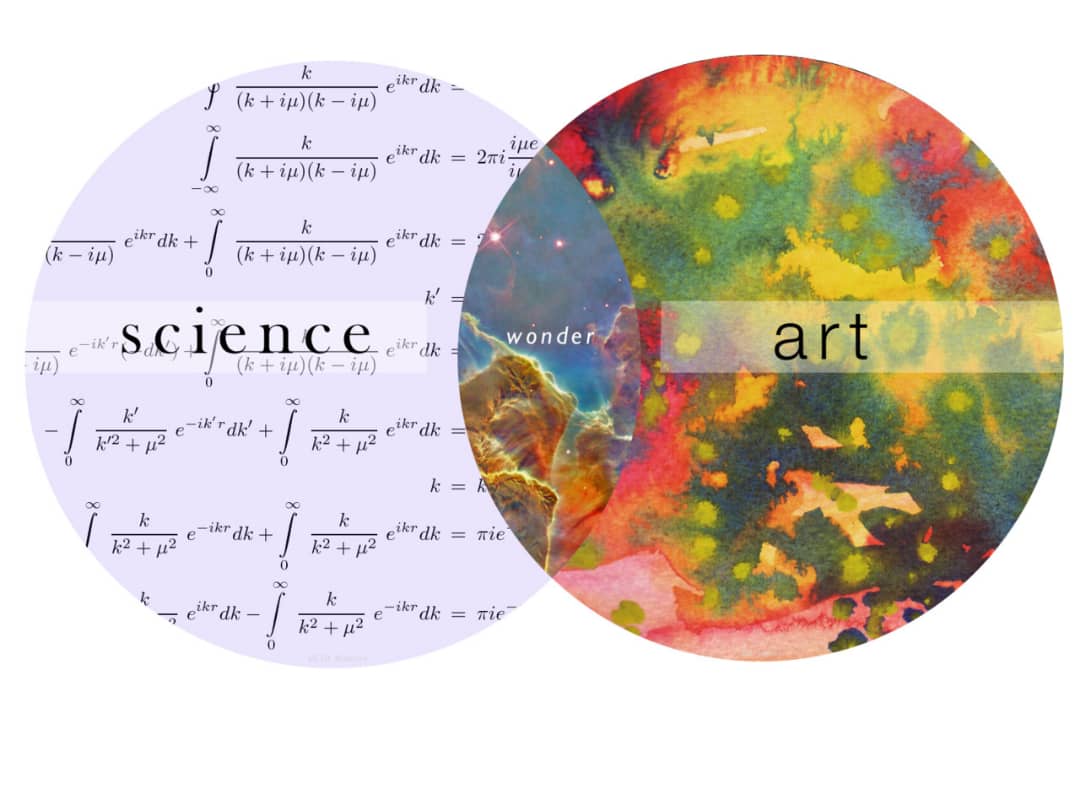Which Course is More Likely to Result in a Distinction - Art or Science?
By Eniola Olatunji
Which is easier to excel in – an art or a science course? Science courses delve into scientific principles, theories, and methods, typically encompassing biology, chemistry, physics, and mathematics, as seen in fields like Medicine and Engineering. Conversely, art courses emphasize creativity, arguments, and perspectives, lacking fixed theorems or formulas, as exemplified by law and philosophy. While some courses straddle both domains, like Anthropology, the ongoing debate over the difficulty of attaining distinction in each field has spilled onto social media platforms like X (formerly Twitter).
This discourse is also present in academia. According to Oxford Royale, the toughest degree subjects include Aerospace Engineering, Law, Chartered Accountancy, Architecture, Chemistry, Medicine, Pharmacy, Psychology, Statistics, Nursing, Physics, Astrophysics, Biomedical Engineering, Astronomy, and Dentistry. A glance at these programs highlights the prominence of science courses.
To gain deeper insights, a few university students were interviewed:
Student A is offering dentistry, a science course. He claims not to know which is easier to get a distinction in because he has not done an art course. He would not switch to an art course if he had the opportunity to do so.
Student B is offering law. He claims that it is easier to get a distinction in a science course. According to him, “Most science courses use mathematical equations and formulas and once you know these formulas, you can answer questions easily. But I guess it also works the other way around cause if you don’t know the formula, you’ll be completely unable to answer the question.” He would never switch to a science course.
Student C is studying Mathematics and he thinks it is easier to get an A in a science course. According to him, art courses don’t have practicals which is an easier way of getting marks. Also, he believes that in art courses, one would have to use the art of explanation to convince the marker/lecturer about a point that can prove to be difficult. He would never switch to an art course.
Student D is studying veterinary medicine. According to him, although he does not know art courses, he believes it is easier to get a distinction in science courses because science does not require much creative thinking which can prove difficult. He would still choose to study a science course.
Student E is studying Agricultural Economics which is a science course. He believes that it is easier to ace an art course because “all you have to do is digest and retain enough information from the course material. Whereas in science, you have to apply formulas which can be very tricky.” He would not opt for an art course.
Student F is offering law. She believes it is easier to get a first class in a science course. According to her, “Your answer is either correct or wrong. But for art courses, there is no specific answer and it is always in an essay form.” She would like to remain in Art.
Assessing the relative ease of excelling in science versus art courses remains challenging unless one has experienced both. Objective opinions are hard to form about unfamiliar subjects. Moreover, the answer is subjective, varying with individuals' backgrounds and intellect. Nonetheless, considering the opinions collected, even science students admit to an easier path to distinction in science courses.
Eniola Olatunji is a law
student at the University
of Ibadan. He enjoys
researching into new
areas of life, reading
comics and writing plays.





